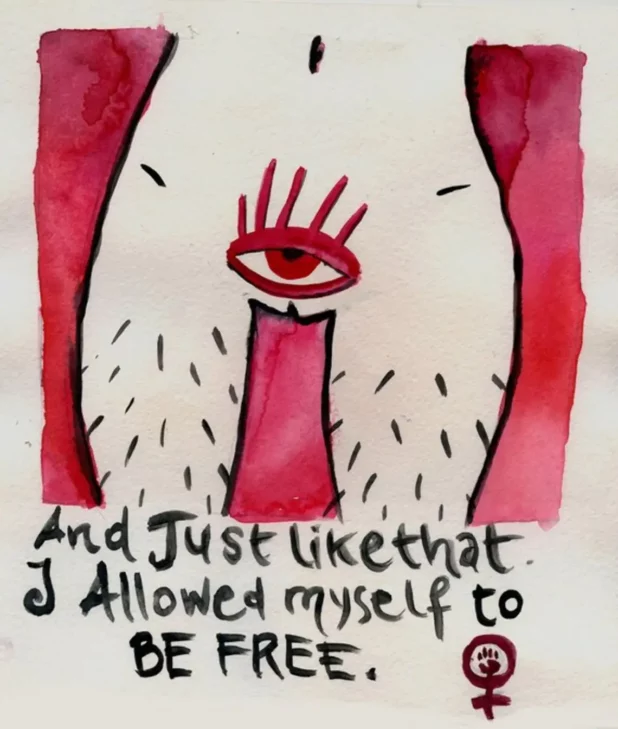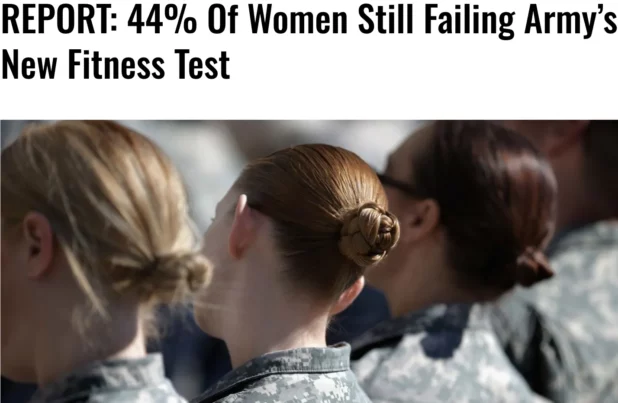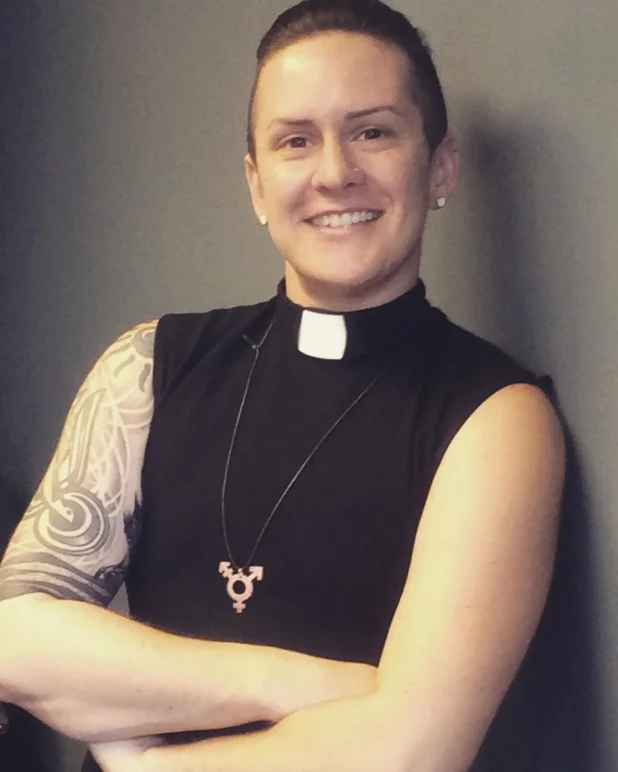I hadn’t ever thought that the patriacrhy would be using cancer to wipe out women, but it’s very obvious now that The Guardian has brought it to my attention.
Health experts are calling for a “feminist approach” to cancer to eliminate inequalities, as research reveals 800,000 women worldwide are dying needlessly every year because they are denied optimal care.
Cancer is one of the biggest killers of women and ranks in their top three causes of premature deaths in almost every country on every continent.
But gender inequality and discrimination are reducing women’s opportunities to avoid cancer risks and impeding their ability to get a timely diagnosis and quality care, according to a report published in the Lancet.
The largest report of its kind, which studied women and cancer in 185 countries, found unequal power dynamics across society globally were having “resounding negative impacts” on how women experience cancer prevention and treatment.
There was particular focus on “women’s cancers” – including breast and cervical – despite lung and colorectal cancer being among the top three causes of deaths from the disease, researchers said.
Gender inequalities are also hindering women’s professional advancement as leaders in cancer research, practice and policymaking, which in turn perpetuates the lack of women-centred cancer prevention and care, the report adds.
The commission brought together a multidisciplinary and diverse team from around the globe. It included experts in gender studies, human rights, law, economics, social sciences, cancer epidemiology, prevention, and treatment, as well as patient advocates, to analyse how women around the world experience cancer.
It is calling for a new feminist agenda for cancer care to eliminate gender inequality.
“The impact of a patriarchal society on women’s experiences of cancer has gone largely unrecognised,” said Dr Ophira Ginsburg, a senior adviser for clinical research at the National Cancer Institute’s Centre for Global Health and a co-chair of the commission.
“Globally, women’s health is often focused on reproductive and maternal health, aligned with narrow anti-feminist definitions of women’s value and roles in society, while cancer remains wholly underrepresented.
“Our commission highlights that gender inequalities significantly impact women’s experiences with cancer. To address this, we need cancer to be seen as a priority issue in women’s health, and call for the immediate introduction of a feminist approach to cancer.”
It makes perfect sense that we need a feminist approach to cancer.
We should have a feminist approach to everything.
A “feminist approach” to protests
A “feminist approach” to borders
A “feminist approach” to crime
A “feminist approach” to art
A “feminist approach” to fitness
A “feminist approach” to religion
A “feminist approach” to school
A “feminist approach” to living in a society
A “feminist approach” to pregnancy
A “feminist approach” to motherhood











